
Selected reviews about elderly care communities
Selected reviews about elderly care communities offer valuable insights into the experiences of residents and their families. These reviews can highlight the strengths and weaknesses of different communities, helping you make an informed decision when choosing the right care for your loved one.
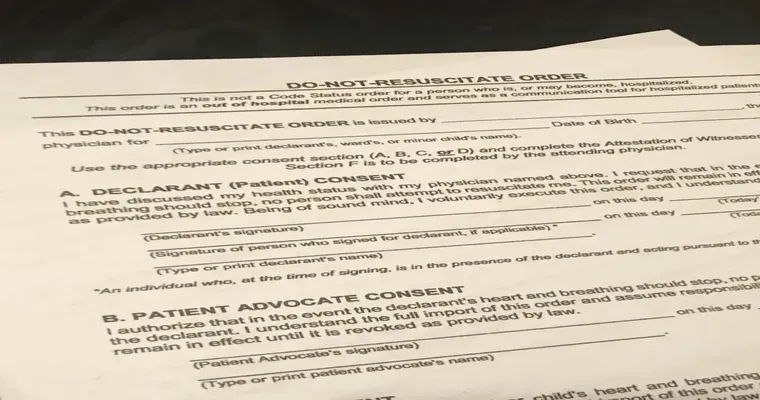
What Is a Do-Not-Resuscitate Order and How Does It Work?
A Do-Not-Resuscitate Order is a legal document that instructs medical professionals not to perform cardiopulmonary resuscitation in the event of cardiac or respiratory arrest. It reflects a patient's wishes regarding end-of-life care, ensuring that individuals receive treatment aligned with their preferences and values. Proper communication and documentation are essential for its effectiveness.

How to motivate parent to do his exercises while in SNF?
Encourage the parent by highlighting the benefits of exercise for improving strength, mobility, and overall well-being. Foster a supportive environment by engaging them in conversations about their goals and interests. Provide positive reinforcement and celebrate small achievements to boost their confidence and commitment to regular exercise in the skilled nursing facility.
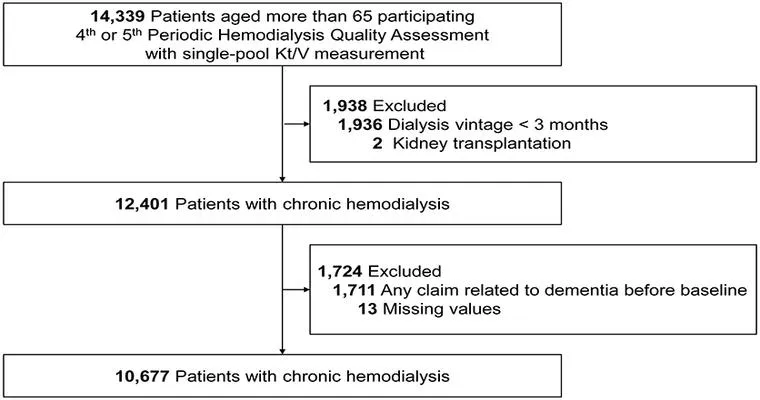
Does anyone have experience with a hemo dialysis patient with early dementia?
Caring for a hemodialysis patient with early dementia can be challenging due to cognitive decline and potential confusion during treatment. It requires patience, clear communication, and a supportive environment to ensure the patient's safety and comfort while addressing both their physical and mental health needs. Understanding and empathy are essential.
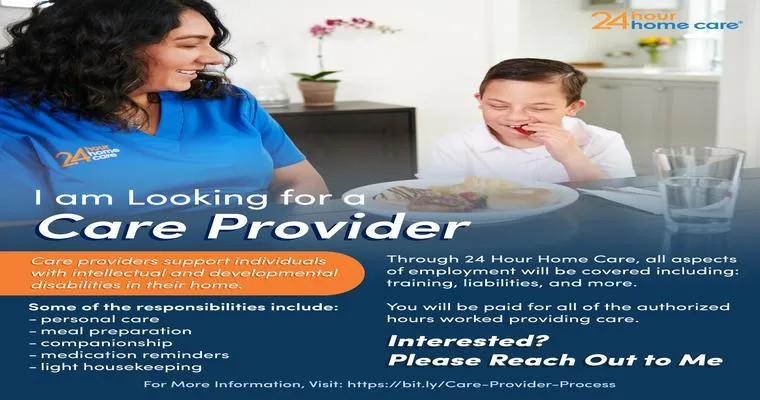
Need information on finding 24 hour care.
Finding 24-hour care involves researching local agencies that specialize in caregiving services, assessing individual needs, and considering options such as in-home care or assisted living facilities. It's important to evaluate caregiver qualifications, costs, and availability while seeking recommendations from trusted sources to ensure the best support for your loved one.

My sister will not do her PT and is not trying to get better in the hospital. She is 67. She has diabetes. She is on Dialysis. What should I do?
It's concerning that your sister isn't engaging in her physical therapy while in the hospital. Open a conversation with her about her feelings and challenges. Consult her healthcare team for guidance on how to encourage her participation and explore ways to motivate her towards recovery. Support and understanding are key.

My dad is diabetic. He is losing weight due to his medication for COPD and congestive heart failure. He is 79. Any tips on gaining weight?
Managing weight gain for your dad can involve incorporating calorie-dense foods like avocados, nuts, and whole grains into his meals. Encourage small, frequent meals and snacks throughout the day. Consulting a dietitian can help tailor a plan that considers his diabetes, COPD, and heart health to ensure balanced nutrition.

How does ur service work?
Our service operates by connecting users with tailored solutions based on their needs. Users provide information about their requirements, and our platform analyzes this data to suggest the best options. We ensure a seamless experience by facilitating communication and support throughout the process, making it easy to achieve desired outcomes.
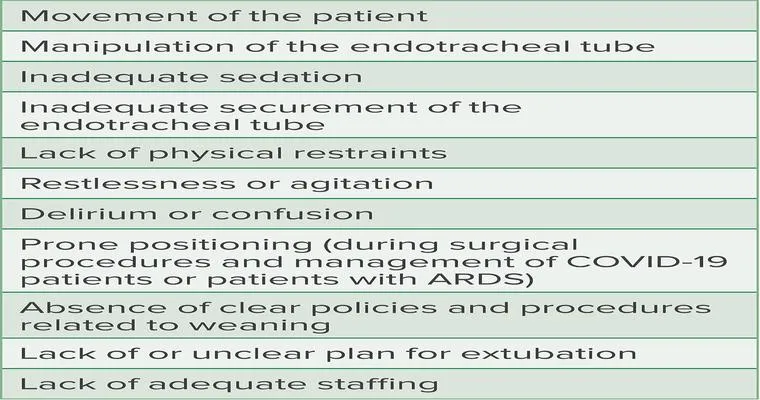
I was curious, my husband RIP had a medical POA 2013, and updated it 2016. He had A DNR, AND NO INTUBATION, NO FEEDING TUBE.
In 2013, my husband established a medical power of attorney, which he updated in 2016. His directives included a do not resuscitate order, along with explicit wishes against intubation and feeding tubes. This reflects his desire for a specific approach to medical care in critical situations.

It so saddens me that people are not making estate/financial planning in advance. Thank God we have this all in place.
It truly saddens me that many individuals neglect to prioritize estate and financial planning. The uncertainty and stress that can arise from lack of preparation is overwhelming. I feel grateful that we have taken the necessary steps to ensure our affairs are in order, providing peace of mind for the future.
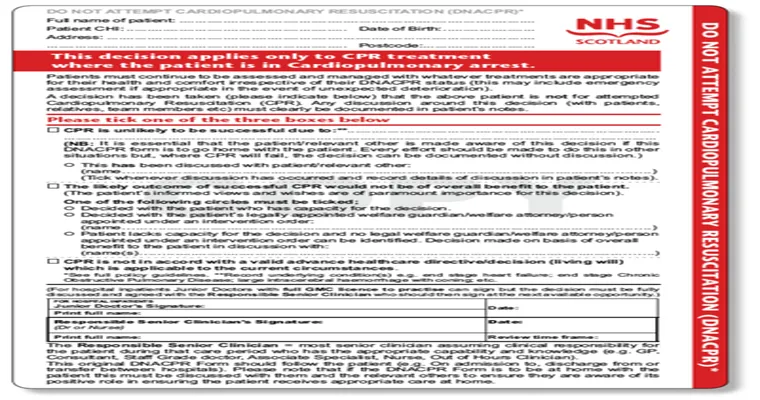
Do not "attempt" resuscitation / DNR. An excuse to kill Old people. Why bother operating when you're going to remove their human rights.
Do Not Resuscitate orders, often seen as medical directives, can raise ethical concerns when perceived as a means to disregard the rights and dignity of elderly patients. Critics argue that such policies may inadvertently devalue their lives, prioritizing cost and efficiency over compassionate care and respect for individual choices.
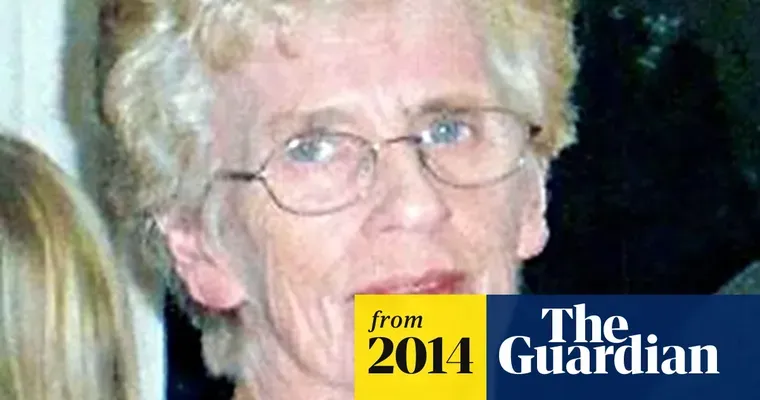
Beware of this when getting an out of hospital DNR.
When obtaining an out-of-hospital Do Not Resuscitate (DNR) order, it’s crucial to understand its implications. Ensure that all healthcare providers are aware and that family members are informed to avoid confusion. Additionally, verify that the document meets legal requirements to ensure its validity in emergency situations.
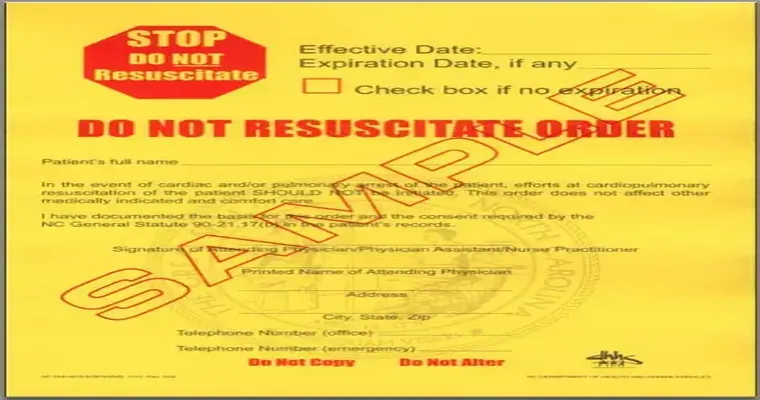
What if you have a DNR order from another state?
A DNR order from another state may still be recognized, but its validity can depend on local laws and healthcare provider policies. It's essential to communicate your wishes clearly to medical personnel and ensure that your DNR is properly documented and accessible in emergencies to honor your preferences.
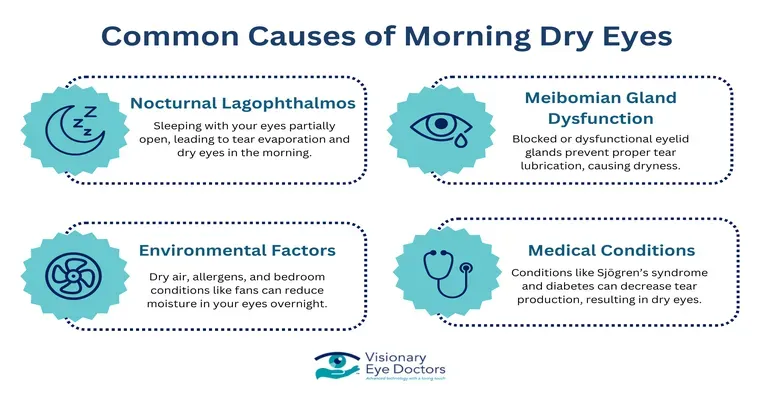
Declining life-prolonging treatment, preventing blocked exits.
Declining life-prolonging treatments can empower individuals to prioritize quality of life over extended duration. This decision fosters dignity in the face of illness, allowing patients to avoid unnecessary suffering. By preventing blocked exits in healthcare, it ensures that patients can choose a natural progression towards the end of life.
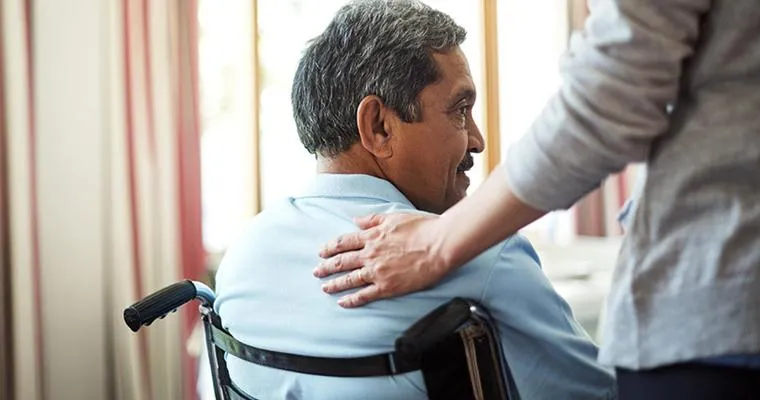
Father has Alzheimer's and mobility issues. He was falling down a lot lately, when he fell and could not move, we called 911.
My father struggles with Alzheimer's and mobility challenges, leading to frequent falls. Recently, he fell and was unable to get up, prompting us to call 911 for assistance. This situation has heightened our concerns about his safety and the need for better support and care at home.
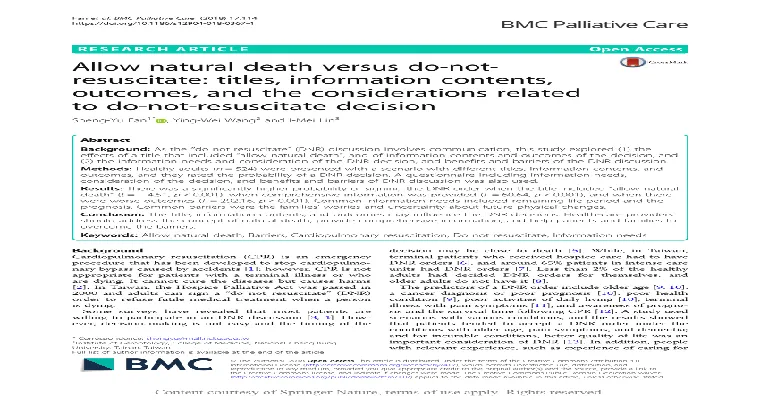
Regarding DNRs: Has anyone had an elderly parent resuscitated and what was the physical result to your loved one?
Some individuals share experiences of having elderly parents resuscitated, often revealing a range of physical outcomes. Many report significant trauma, diminished quality of life, or prolonged suffering, leading to mixed feelings about the decision to intervene. These stories highlight the complexities surrounding do-not-resuscitate orders and end-of-life care choices.

Brother-in-law is POA for mother. He will be out of the country. Can he give us verbal POA to make medical decisions in his absence?
A brother-in-law serving as power of attorney for his mother may not be able to grant verbal power of attorney for medical decisions while he is out of the country. Typically, a written document is required to formalize such authority, ensuring legal validity and clarity in medical decision-making.
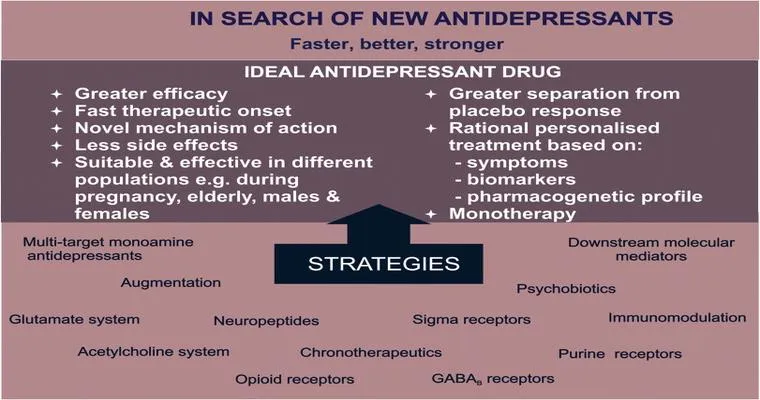
Senior with DNR is not eating or walking, but MC is giving appetite enhancing drugs and antidepressants. Should they be?
In a senior with a Do Not Resuscitate order who is not eating or walking, the administration of appetite-enhancing drugs and antidepressants can be debated. While these medications may improve quality of life, their appropriateness depends on the individual's overall health goals, comfort, and the underlying reasons for their current state.
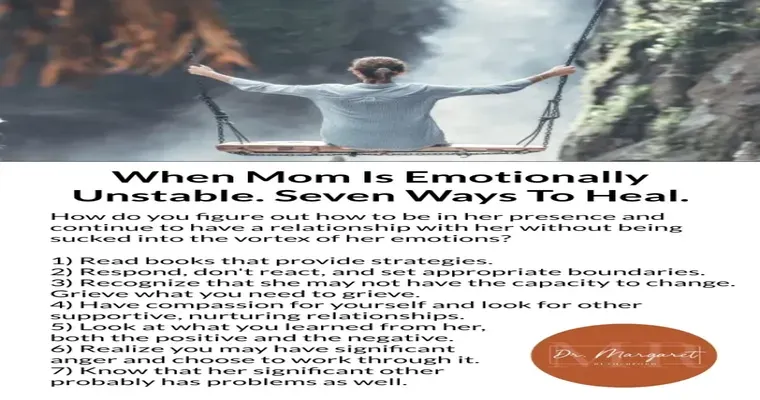
I am new to all this, Where do I start my search for help with my mom? She can not walk and both of her wheelchairs no longer work.
If you're seeking help for your mom, begin by contacting local health services or community organizations that assist individuals with mobility challenges. Research nearby medical supply stores for wheelchair repairs or replacements. Additionally, consider reaching out to social workers or support groups for guidance and resources tailored to your situation.

My wife (77) has had balance problems for over two years! Neurologists say it cold be Parkinson's. She cannot stand or walk without a walker.
My wife, at 77, has struggled with balance issues for over two years. Neurologists suspect it may be Parkinson's disease. As a result, she relies on a walker for support, making it difficult for her to stand or walk independently. This has significantly impacted her daily life and mobility.
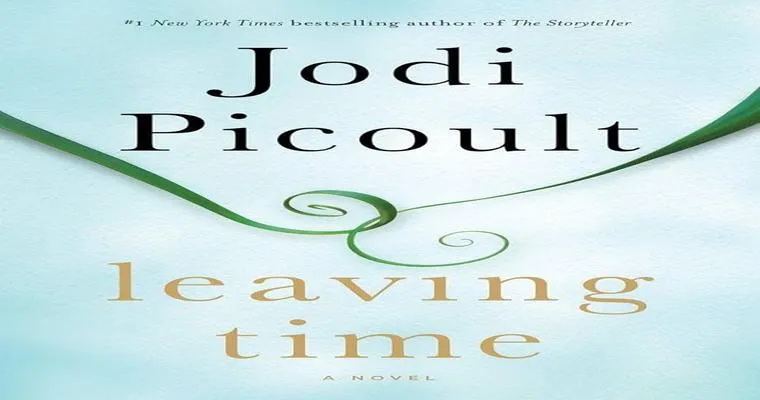
My mother has PD and she was sitting down on the grass today and she had no strength in either of her legs to pull herself up to stand up?
My mother, who has Parkinson's disease, sat on the grass today and struggled to stand up. Her legs lacked the strength needed to push herself up, highlighting the challenges she faces daily. Despite her determination, moments like this remind me of the profound impact her condition has on her independence.
Page 89 of 134